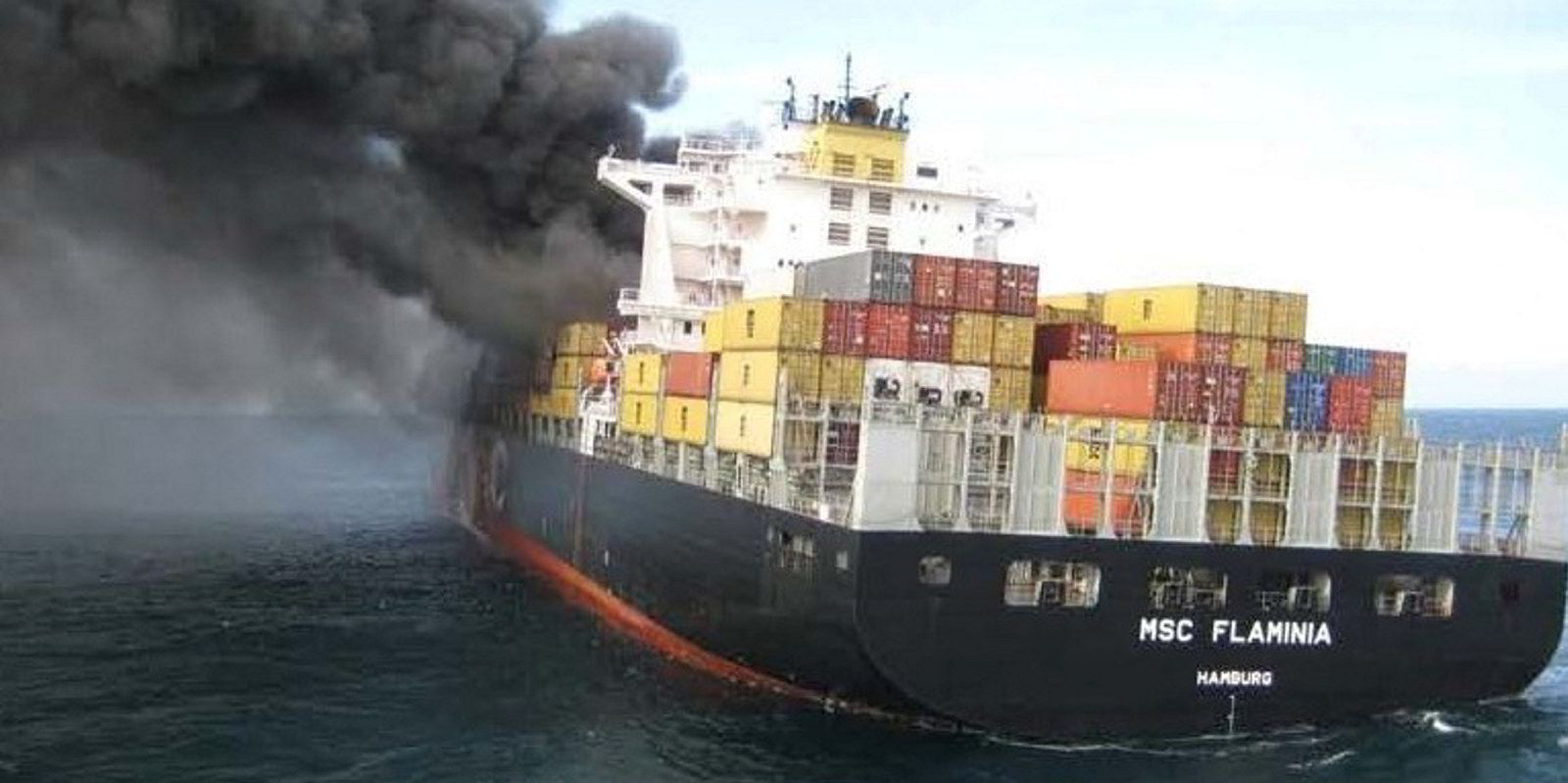Leading UK shipping barristers have welcomed a change in High Court rules that will streamline collision proceedings.
From April, new measures were introduced on the early disclosure of navigational data.
Barristers Simon Rainey QC and Lydia Myers, from London’s Quadrant Chambers, explained that this means companies can no longer refuse to release their voyage data recorder data because other vessels do not have it.
This is seen as “a move towards greater transparency and data sharing”, they said.
There is also a new requirement to explain what data is available, which should reduce time spent in discussions about disclosure and reduce the costs of applications for specific disclosure.
The rules also mark a change in the way parties prepare their statements of case.
They will need to formulate their case strategy, legal submissions and evidence earlier to enable them to prepare proper and fuller pleadings, the barristers said.
The duo reported that the tweaks had “for the most part … been well received” in the industry.
But they added: “Such changes, whilst welcome from a transparency and clarity point of view, will inevitably mean a front-loading of time and costs and reality checks on the strength of the parties’ respective positions at a much earlier stage in the litigation.”
Limitation actions arising out of the catastrophes on the MSC Flaminia, Maersk Honam and Ever Given continue to make their way through the Admiralty Court.
Rainey and Myers said: “In an increasingly uncertain world with ever-changing regulatory frameworks, case law and practice, never have the words of Heraclitus held greater weight: change is the only constant.
“As can be seen, though, practitioners and market actors alike have embraced the ever-changing landscape in which we all operate, and it is hoped that such progress continues.”




